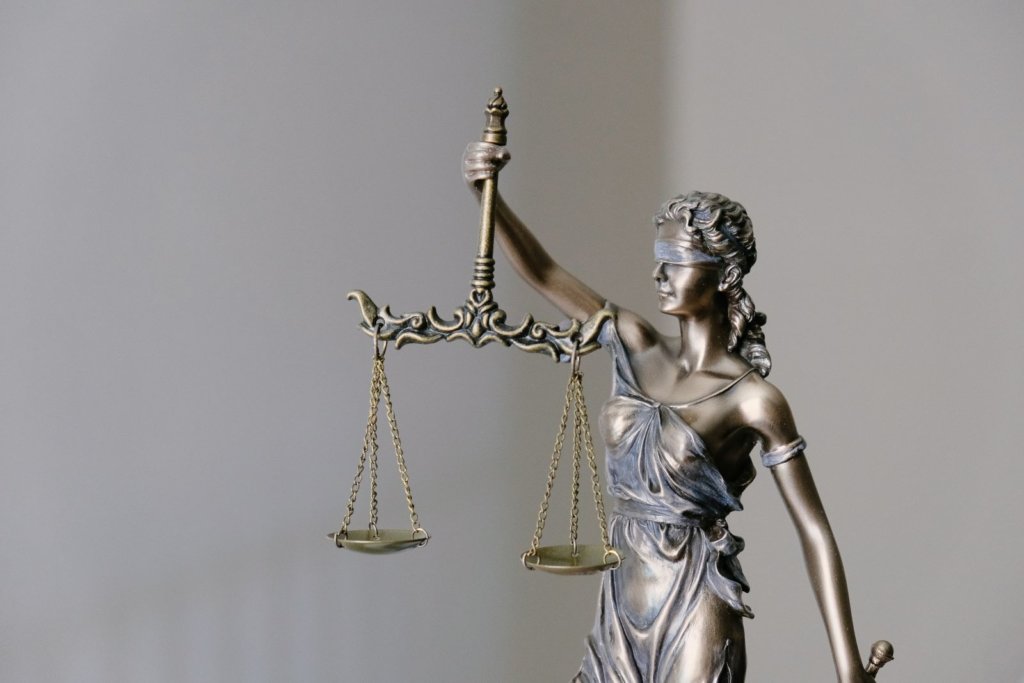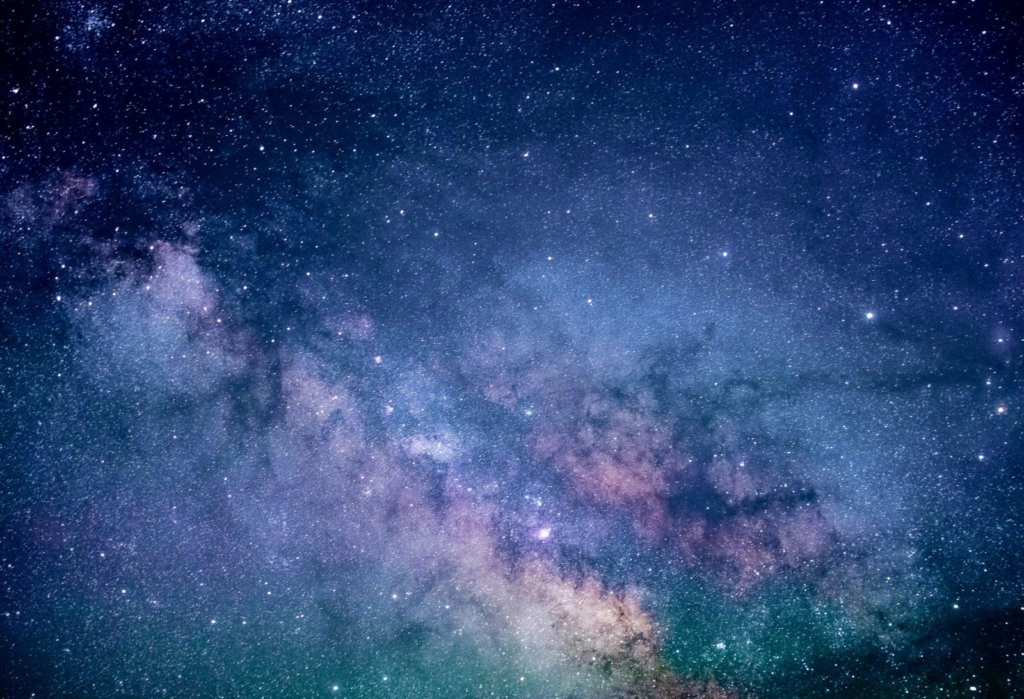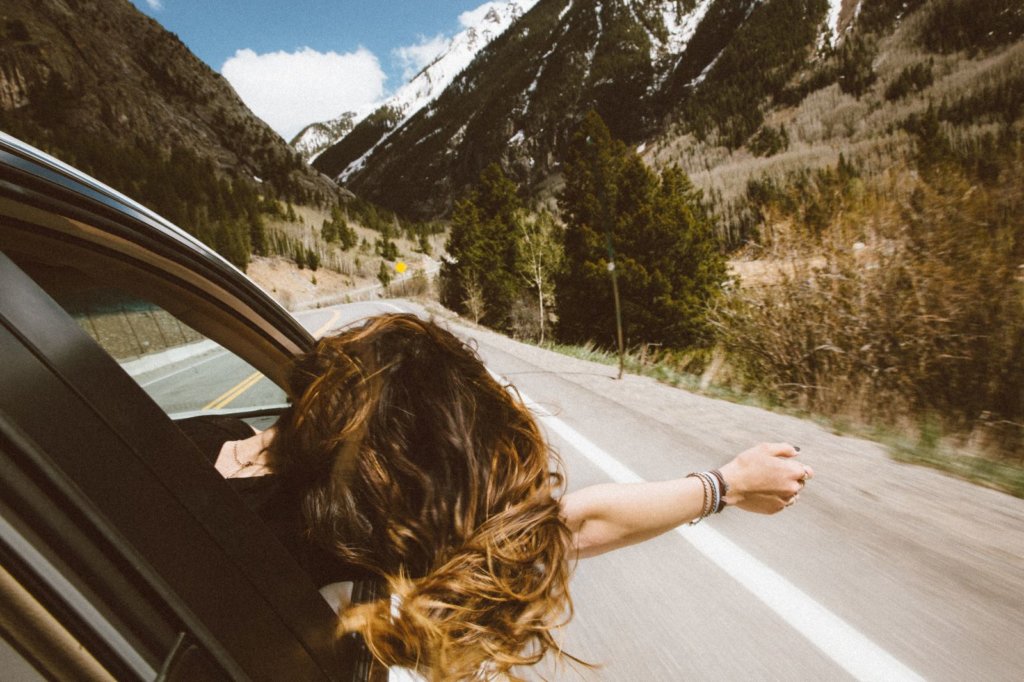As we celebrate Dr. Martin Luther King Jr.’s birthday here in the U.S., I keep thinking about one of my favorite quotes of his. There are many because the man was an eloquent speaker, but in 1963 he said, “Injustice anywhere is a threat to justice everywhere. We are caught in an inescapable network of mutuality, tied in a single garment of destiny. Whatever affects one directly, affects all indirectly. Never again can we afford to live with the narrow, provincial ‘outside agitator’ idea. Anyone who lives inside the United States can never be considered an outsider anywhere within its bounds.”
It’s an interesting concept, and one that continues to be relevant, this notion of “outsider” and how we apply justice to anyone we perceive to be an outsider. Did you know it’s been 20 years since the first detainees arrived at Guantánamo Bay? And that those prisoners were subjected to torture? Only 39 prisoners remain and more than a dozen of them have yet to face charges. They have been dubbed “forever prisoners” by some Democrats. The cost of operating the prison is about $13 million per prisoner every year, according to a Business Insider article! Are you freaking kidding me? I could think of a lot of better uses for $13 million per person.

Justice is supposed to be blind, but is it? Photo by Tingey Injury Law Firm on Unsplash
And even if you’re saying, “Yeah but they’re terrorists! They need to be held captive!” The cost to house a single prisoner in California is more than $75,000, according to the LA Times, which is still more than a year at Harvard. Clearly there’s a lot of injustice, a lot of mismanaging funds, and yet a small group of people continue to let incidents like these occur.
It brings to mind an excellent article I read on LitHub by Rebecca Solnit posted in 2018 about how there’s a myth surrounding the “real” America. She wrote:
“[I]n the news and political life, we’re still struggling over whose story it is, who matters, and who our compassion and interest should be directed at.
“The common denominator of so many of the strange and troubling cultural narratives coming our way is a set of assumptions about who matters, whose story it is, who deserves the pity and the treats and the presumptions of innocence, the kid gloves and the red carpet, and ultimately the kingdom, the power, and the glory. You already know who. It’s White people in general and White men in particular, and especially White Protestant men, some of whom are apparently dismayed to find out that there is going to be, as your mom might have put it, sharing. The history of this country has been written as their story, and the news sometimes still tells it this way – one of the battles of our time is about who the story is about, who matters and who decides.”
Precisely. So much of justice and injustice is tied to who matters and who decides. If Black people don’t matter, then it’s fine to kill them in the streets. If terrorists don’t matter, it’s OK to torture them. But who exactly is deciding they don’t matter? And why is that those people are in charge? The reality is the White population in the U.S. is declining and other races are increasing. Where I live, the majority of people are not White. To my mind, that means decisions being made about policies and procedures should take into account that diversity, should recognize this country belongs to everyone who lives here. In essence, to bear in mind what Dr. King mentioned so long ago: that injustice anywhere is a threat to justice everywhere.
I dream of a world where we treat all human beings with love and respect. A world where we value justice not only in word but in action. A world where we celebrate and protect human diversity while also seeking to transcend divisions. A world where we honor Dr. King’s legacy by bringing his dream into reality.
Another world is not only possible, it’s probable.
Last week I wrote about the perspective Bhutan has taken in this pandemic that everyone is a part of one big family and how that’s played out in terms of the country’s policies. Here in the U.S., the more prevalent perspective is one of rugged individualism and separateness. Instead of viewing all of us as being in this together, we operate from a materialist worldview that says only matter is real and humans are alienated from not only each other, but everything.
From this perspective, consciousness is a “strange aberration that happens as an accidental byproduct of chemical interactions,” to quote my friend Amal Jacobson. The materialist worldview says the cosmos doesn’t have any consciousness and thus it becomes much easier to objectify, well, everything. Nature doesn’t have any value beyond its utilitarian value. A tree is worth more dead than it is alive. Furthermore, nature becomes something “out there” that we go to. We see this in the way we, me included, talk about nature. “I was out in nature in this weekend” is a common phrase we all say.

We are this and this is us. Photo by Jeremy Thomas on Unsplash
However, “out in nature” implies we’re separate from nature, that somehow we’re not included in this vast universe. The phrase also implies that we could ever get away from nature. That’s not possible even in the densest of cities because the very ground we stand on is nature, and furthermore, we are natural too.
Rebecca Solnit speaks to this in a Sierra magazine article when she writes, “It took the pervasiveness of radioactive fallout in the 1950s and pesticides in the 1960s to wake conservationists up to the fact that nothing is separate, and you can’t truly protect a place by setting it apart.”
You can’t protect a place by setting it apart because it’s impossible to truly be apart. That’s why there’s so much emphasis on intersectionality these days. We all intersect in various ways. Environmental justice goes hand in hand with social justice, for instance, because who typically pays the price for environmental destruction? Black, brown, and indigenous people. This cosmos is a spider web and if you pull on one thread, it vibrates the rest of them.
I have a friend who acknowledges this every morning in his prayers. He says, “I am eternally grateful to be an integrated particle in the infinite universe of your wisdom and will, and to live in your abundance and prosperity receiving your guidance, strength, mercy, and protection.” Gorgeous, right? I like the whole prayer, but in particular, I can’t help but wonder what would the world be like if we all felt this way? That we are an integrated particle that is only one part of a whole? The reality is materialism is a belief system just like what I’m proposing is also a belief system. Which one leads to a happier, healthier society? I think the answer is already obvious.
I dream of a world where we recognize no one is separate from one another. A world where we realize a thread of connection links not only human beings, but all beings. A world where we change our worldview and recognize we are an integrated particle of this vast universe and behave accordingly.
Another world is not only possible, it’s probable.
As California enters its second lockdown, I keep thinking about freedom. What does it mean to be free? Some people would say it’s doing whatever you want, whenever you want. But is that really true?
I read a great essay by Rebecca Solnit on “Masculinity as Radical Selfishness.” She mentions the axiom, “My right to swing my arm ends where your nose begins,” which is about balancing personal freedom with the rights of others. It’s also about watching out for someone else’s rights. She says what we’re seeing a prevalence of right now though is the idea that my right to swing my arm doesn’t end where your nose begins, but instead just doesn’t end. And in fact, your nose is not my problem and should get out of the way.
She also says in the U.S., “unlimited armswinging peaks at an intersection between whiteness and maleness, with plenty of white women on board who seem to believe that a white lady’s job is to protect white men’s armswinging (often with a selfless disregard for their own noses).” I think she’s right. Often what we associate with “freedom” is really just hypermasculinity because again to quote Solnit, the isolated individual (ideally white and male) are the metaphorical fists and must rule supreme. However, there’s a lack of understanding here that no man is an island; we don’t live in our own self-contained bubbles accomplishing everything by ourselves. It seems to me this pandemic more than anything is highlighting that. We want someone else to cut our hair. We want someone else to make our food. We want someone else to sit next to us and smile.

Would this woman be able to travel safely without the limit of road rules? No. Photo by Averie Woodard on Unsplash
Humans are social creatures. We are not meant to live in isolation. The hypermasculine freedom some in the U.S. idealize is a myth because what happens when that individual gets sick? They rely on the collective to help them out – they go to the hospital for care, or a doctor, or the drugstore.
My spiritual teacher says “just as my life is important to me, others’ lives are equally important to them; and if we do not give proper value to the lives of all creatures, then the development of the entire humanity becomes impossible.”
It becomes impossible because individual life is bound to the collective. Collective welfare lies in individuals and individual welfare lies in collectivity. There is no instance where my individual welfare doesn’t contribute to collective welfare. And furthermore, real freedom requires constraint. That may seem like an oxymoron but hear me out. Retired Navy SEAL, author, and podcaster Jocko Willink says, “Freedom is what everyone wants – to be able to act and live with freedom. But the only way to get to a place of freedom is through discipline. If you want financial freedom, you have to have financial discipline. If you want more free time, you have to follow a more disciplined time management system. Discipline equals freedom applies to every aspect of life: If you want more freedom, get more discipline.”
He’s talking specifically about individual freedom of course, but I think the same message applies to collective freedom. We’re able to drive safely, for the most part, because there are rules associated with driving. We’re able to buy food we enjoy because there are regulations that keep expired food off the shelves. I realize there are problems with the rules and regulations I listed, but I’d much rather have those problems than going into a grocery store and wondering if the food I’m buying will poison me.
Real freedom requires discipline and a care for others. Anything else is just selfishness that will eventually catch up to us.
I dream of a world where we recognize true freedom requires giving up a little bit of freedom. A world where we understand we can’t do what we want whenever we please without consequences for ourselves and others. A world where we understand real freedom requires limits.
Another world is not only possible, it’s probable.